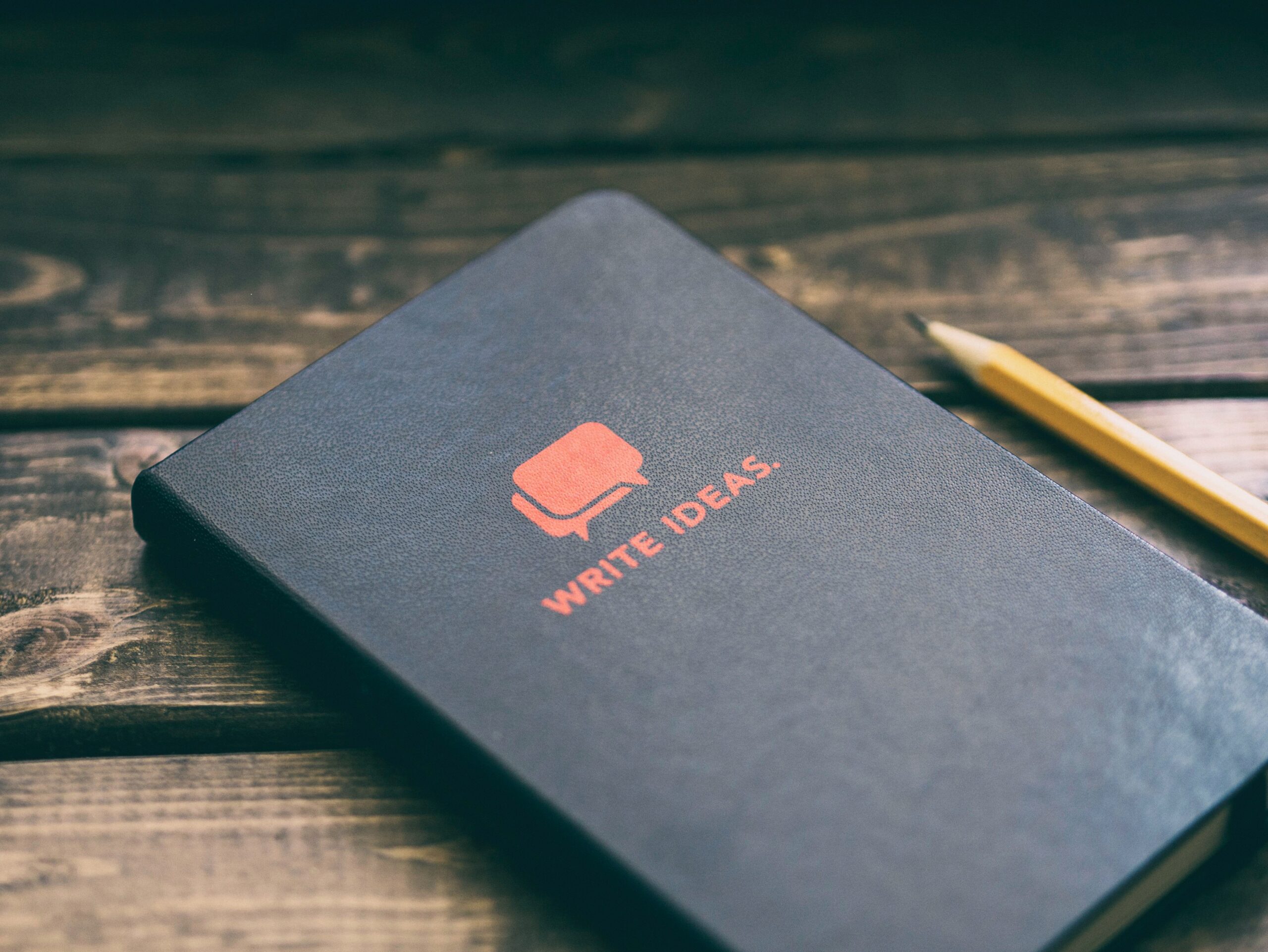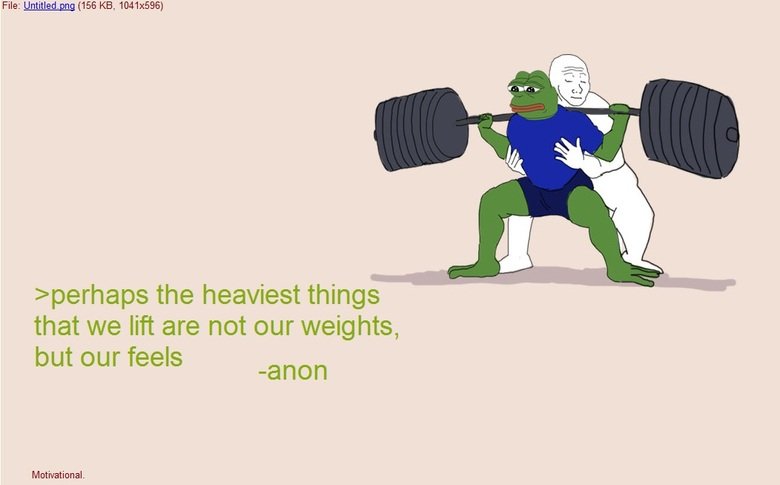
Journaling is therapy. It’s self reflection. It’s you coaching yourself out of poor behaviour and nudging yourself towards the righteously impossible goal of self-actualization.
As far as I’m aware, the majority of us want to feel stronger and happier. And between the clinical psychologists, counsellors, coaches, and even the poorly-educated but well-intentioned Instagram “biohackers”, we should all know by now that journaling is a key component to our feeling good and acting right… so why don’t we do it? And if we do do it (lolz), why can’t we stick to the habit?
Because journaling feels like a chore. And chores suck. In the same way that it’s nearly impossible to get excited about washing dishes or folding laundry, it’s really hard to get pumped about scribbling thoughts and emotions onto a moleskin. But guess what? Journaling doesn’t have to suck. And if we can turn it into less of a chore, we’ll adhere to the habit. And if we adhere to the habit then we’re certain to find more strength and happiness in our lives. So here’s the 4-step guide on how to make journaling not suck anymore.

Step 1: Get excited about the benefits.
General benefits that you will enjoy…
- Freedom. True freedom is being able to control your own behaviour, versus being pulled along by your unconscious fears and desires.
- Less neuroticism and more self-awareness. Life is rough when you have no control over what oftentimes feels like a rusty, seatbelt-less rollercoaster of thoughts and emotions. Self-awareness precedes your ability to be in control. And journaling is a crucial tool for cultivating that awareness.
- A heightened ability to savour the highs. Consistent journaling allows you to feel more gratitude and notice more beauty in everyday life.
- A larger buffer to withstand the lows. With consistent journaling, the small everyday stressors will roll off your shoulders; this frees up more mental bandwidth for you to face the bigger, more severe stressors that show up in your life.
Bonus benefits that are personal to me, but that you might enjoy as well…
- A place to offload the (sometimes deserved, sometimes not, but either way who gives a shit because it doesn’t serve me anymore) guilt and shame that I subconsciously carry. Metaphors like “having a weight lifted off your shoulders”, or “getting something off your chest”, exist for a reason. I feel relief when I acknowledge the inner hurt. I feel light. It’s nice.
- An opportunity to practice the lost art of handwriting. Even though I’m trash at drawing and painting, I derive great pleasure from the dorky, niche calligraphy that is good handwriting.

Step 2: Block off time to journal. And plan fun activities around it.
Blocking off time to journal is pretty straightforward, and probably the most useful piece of advice you’ll get if you’re a hard-charging Type A personality who’ll be more inclined to do it if it’s scheduled into your calendar.
Planning fun activities around journaling is a classical conditioning thing. Journaling is awesome in and of itself, but right now it feels like a chore. That’s why you should plan fun activities around it; so that over time the process of journaling gets associated with other awesome things. As an example, every evening you might have 8-9pm blocked off as your relaxation time. Within that hour you might enjoy a glass of wine, read a good book, or foam roll. What you do doesn’t matter. As long as it’s enjoyable and doesn’t involve you staring mindlessly into a screen, you’re good to go. More importantly, as long as you’re planning those activities along with a 5-10 minute journal sesh, you’re good to go! Stick to the routine and before you know it you’ll be looking forward to that journal time every single day.
Personally, I’ve experienced great results from incorporating journaling into my mega-fun evening wind-down routine of weed, massage, music, reading, and movement. Plus, all of those activities get me in a more open headspace to make the journaling process even more effective and enjoyable.
Step 3: Do the bare minimum. Less doing, more feeling.
With any health behaviour, habit formation is key. Consistency is key. And the way to cultivate consistency is by doing the bare minimum every single day. Brushing your teeth for two minutes in the morning and evening is a lot easier than brushing once a week for an hour. Journaling is exactly the same. Less everyday is more in the long run. So do the bare minimum.
Write one sentence about something good that happened in your day.
Or write one sentence about something that you’re grateful for.
Or write one sentence about something that you can do better tomorrow.
Or write one sentence about it-doesn’t-really-matter-what-you’re-writing-as-long-as-it-involves-some-kind-of-self-reflection. Do the bare minimum because it’ll help you journal more consistently. But also do the bare minimum because it allows you to think less and feel more. As clinical psychologist and meditation teacher Tara Brach puts it, modern day society sets us up to be “human doings” rather than “human beings”. Doing = being goal-oriented and doing things as a means to an end. Being = being process-oriented and truly passing the time (which, no matter how much we try and delude ourselves, is really all life is) with curiosity and attentiveness.
As an example, at the end of each journal sesh I used to write three things that I was grateful for, and each time I would rush and half-ass the list. I would be in such a hurry to get it done that I didn’t actually feel the feeling of gratitude wash over me. Like wearing a mask to get on a plane but taking it off to eat or drink, I was doing it just for show. To address this, I recently made the commitment to downsize my journaling routine. To do less and feel more. To slow down and truly pass the time with curiosity and attentiveness. Nowadays I write just one thing that I’m grateful for. And after writing, I’ll sit down and reflect on it. I’ll let myself feel the feelz. And like I mentioned in Step 1, it’s given me the ability to enjoy higher highs, and tolerate and navigate out of lower lows.

Step 4: Enjoy the benefits, and then stand up on the metaphorical journal surfboard, and ride the positive reinforcement wave.
This is an operant conditioning thing. If you do something, and that something is followed by a reward, then you’re more likely to do that thing again. That’s positive reinforcement.
As it applies to the process of consistent journaling: Journal consistently, and make sure to truly feel and enjoy the benefits that come with it. It’s a damn good feeling when you realize that you are becoming more self-aware. That you are in greater control of your thoughts, emotions and behaviours. That you are better able to savour the good and withstand the lows.
With consistent journaling, you’re guaranteed to enjoy small moments of awesomeness. Consistent journaling sets the mental foundation for small moments of insight, clarity, and growth to occur. They’ll sneak into your daily life like little eudaimonia terrorists and hijack the bullshit from your existence. Small moments of awesomeness are likely to encourage more journaling, which over time will result in entire days, or even weeks of awesomeness. And so the cycle continues.
Happy journaling everyone! And as always, if you’re ready to take ownership of your own health and performance, I’d love to help design the perfect training plan for you. You just have to ask :).
Pat Koo
BKin, CSCS

